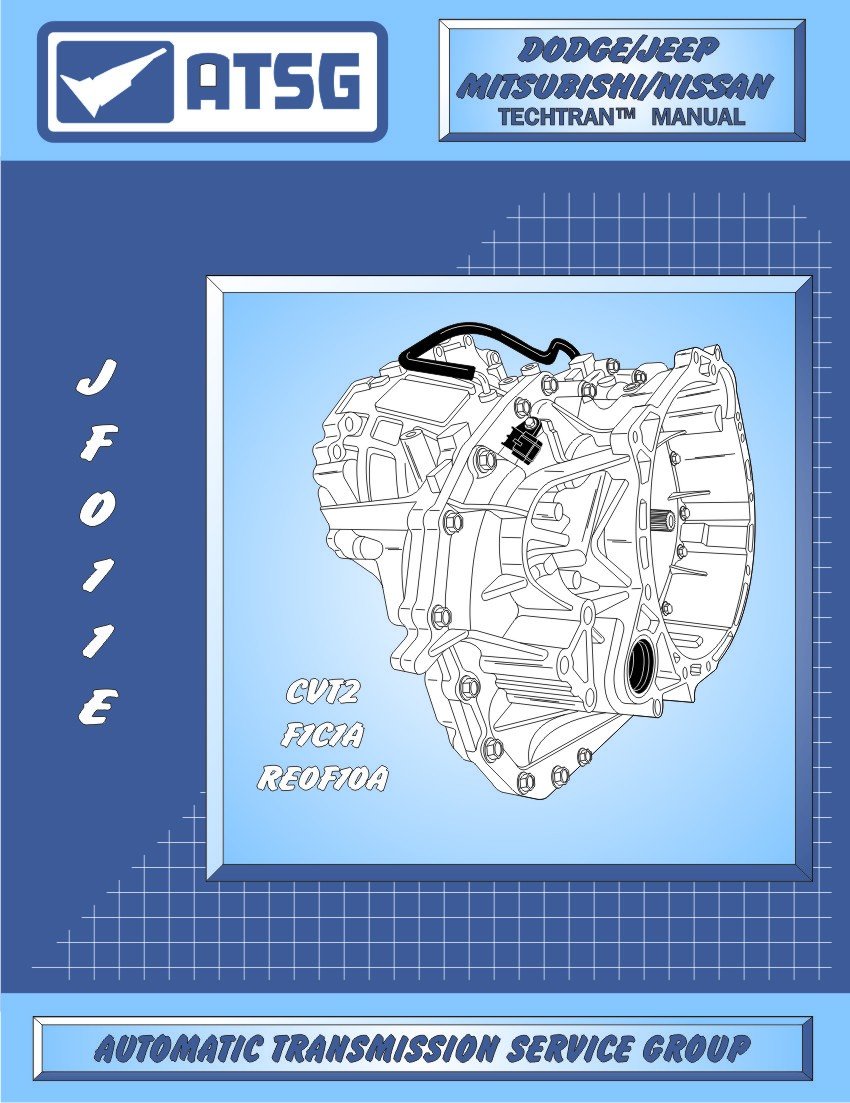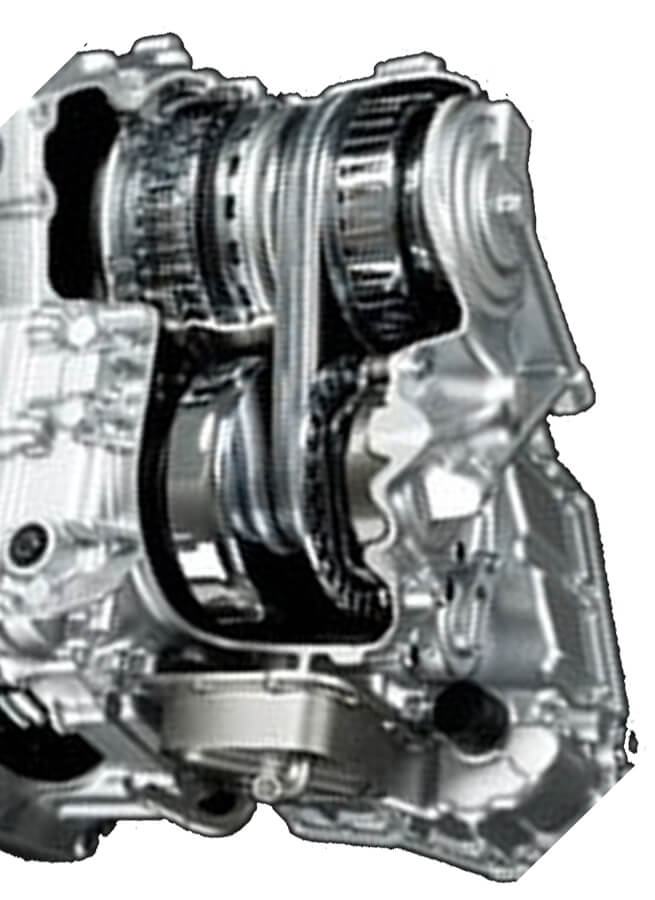Continuously Variable Transmissions or better known as CVT Transmissions are complex pieces of machinery that require expert repairs. Trust The Cottman Man. According to an analysis by Kelley Blue Book, today one out of every four new cars sold in the U.S. Comes with a continuously variable transmission (CVT). Belt or chain driven, a CVT offers a continuous range of effective gear ratios, rather than a fixed number found in other mechanical transmissions. Shake container. Add entire bottle of CVT Transmission Fix to transmission. Do not overfill. Depending on the CVT problem, results will either be immediate or noticeable within 200 miles or 4 days of driving. In CVT with seriously damaged components, a second treatment may be required.
Nissan CVT problems
Nissan introduced its first constantly variable transmission (CVT) in 2002 and it immediately began showing problems with difficulty accelerating, shaking / stuttering, running hot, and suddenly shutting down. Nissan addressed the root cause of those problems and upgraded the transmission. Luckily, Nissan would go on to address most of those concerns. But that didn’t end the problems with Nissan’s CVT transmissions. Even the most recent Nissan CVT transmissions are failing early and often.

Nissan sales fall due to CVT problems
Due to their frustratingly poor reputation, buyers are shying away from both new and used Nissan products and that’s reflected in recent sales slowdowns. The problem is so serious that Nissan was forced to slash its profit outlook on April 29, 2019 to reflect falling sales and rising CVT transmission warrant costs. Nissan has had to dedicate an extra $590.5 million to cover the cost for these extended warranties.
Nissan has also been forced to extend CVT transmission warranties again, this time to seven years from the previous five years. The warranty extension covers over 3,000,000 vehicles sold from 2012 to 2017 and covers models Sentra, Versa and Altima sedans.
Nissan CVT symptoms
Nissan CVT transmissions are known to run hot and cause premature failure. Some speculate that the cause of the overheating is undersized cooling systems. When the Nissan CVT overheats, driver’s complain of shaking, shuddering and vibration while accelerating and an overall lack of acceleration. As the Nissan CVT self destructs, the computer puts it into a fail-safe mode which limits engine RPMs to prevent even worse damage.
When Nissan CVT transmissions fail
Reports from owners show that Nissan CVT transmission fail, on average, at about 64,000 miles. Worse yet, a replacement Nissan CVT doesn’t last any longer than that. So drivers can expect to replace their CVT transmissions several times during the car’s lifetime.
Any way to prevent Nissan CVT transmission failure?

Not really. Since Nissan’s CVT transmissions are very susceptible to overheating, changing the transmission fluid often is critical to reducing early failure. But that won’t prevent it entirely. The root cause of the early transmission failures are in its design and cooling and there’s nothing owners can do to eliminate that early transmission failure.

©, 2019 Rick Muscoplat
 Posted on by Rick Muscoplat
Posted on by Rick MuscoplatTags
Cvt Transmission Repair Near Me
